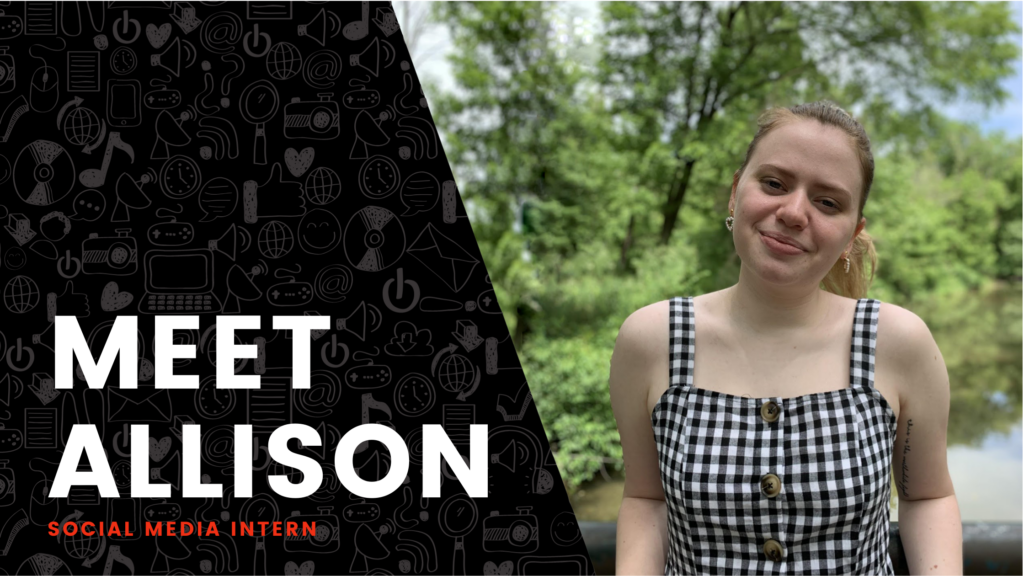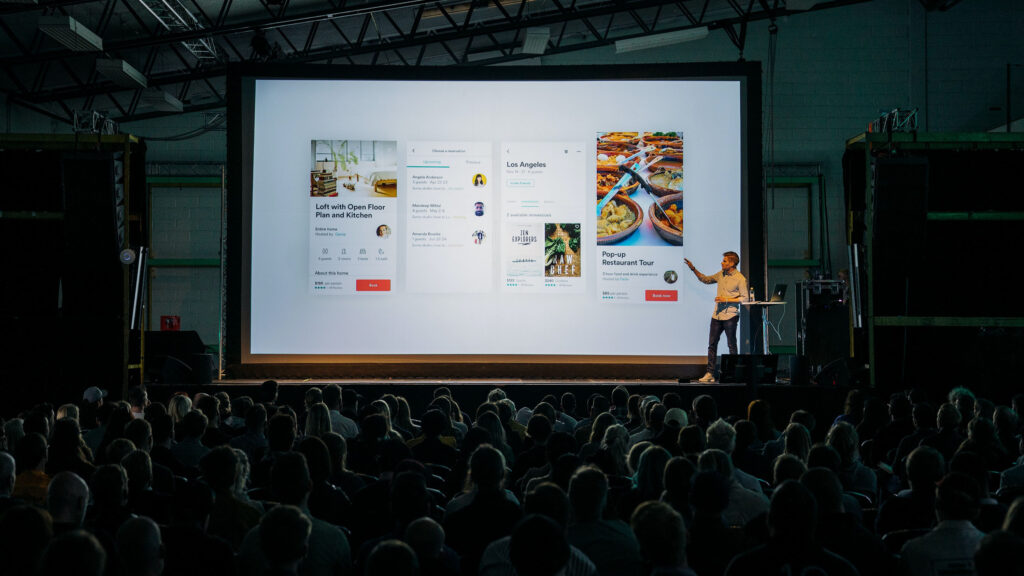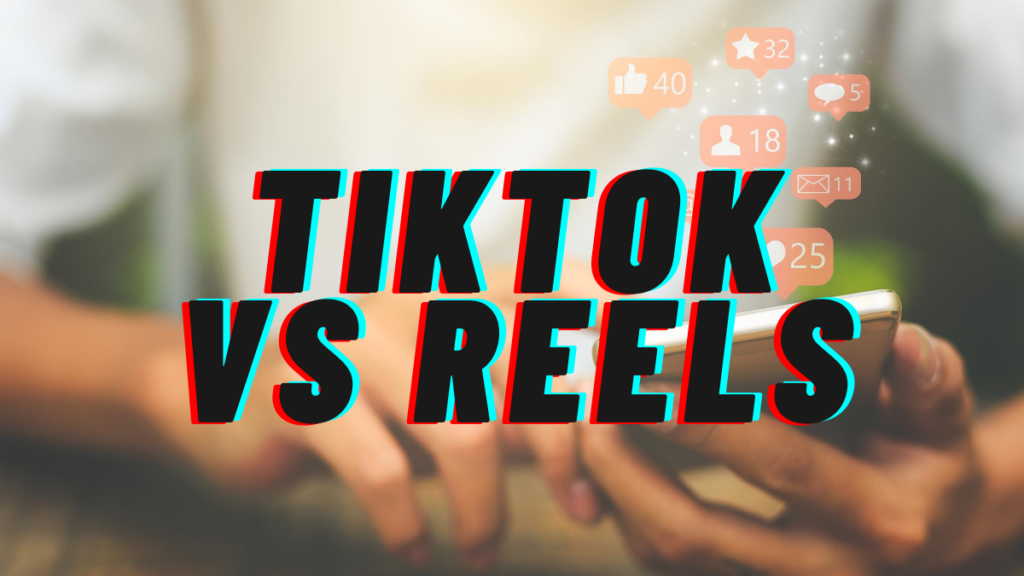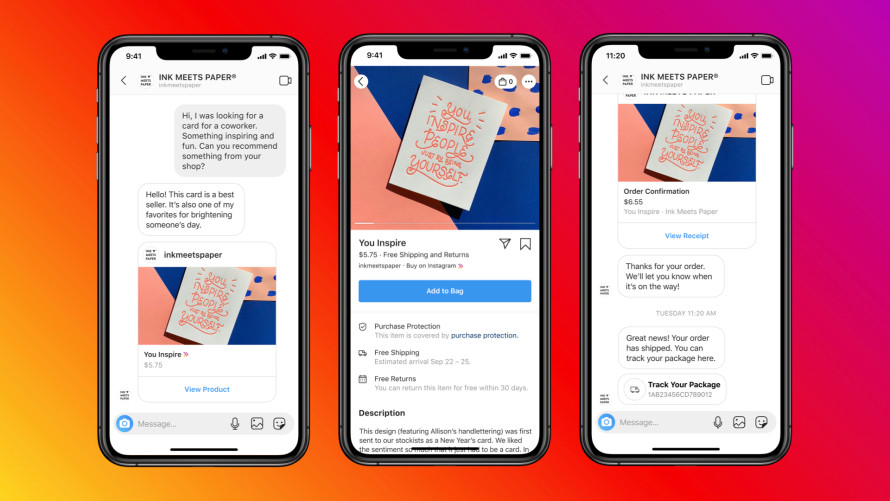5 Brands that Are Killing It on TikTok
TikTok's popularity has exploded in the last several years, and brands are jumping in to take full advantage of this new tool to reach their audiences in unique ways. TikTok is a storm of memes, trends, viral songs and dances to go along with them, so it's easy to get lost in it all, but these five brands are having no problem finding their way.
First up: Taco Bell. Their brand voice has always been fun and upbeat in traditional media over the years, and now they have found their place on TikTok. It is truly a perfect platform for them, with short but engaging videos for their straight-to-the-point messaging and countless wells of creativity to draw from. One of those wells they draw from frequently is their own audience's content. Many of their posts are videos created by other TikTok users who are not affiliated with or sponsored by Taco Bell, but are trying new menu items or even just subtly mentioning the brand. The videos are comedic, they tell stories and they truly match Taco Bell's energetic and honest voice. When the team creates original content, it follows along with current trends on the platform. One video jumps in on the turning non-inspirational things into inspirational quotes trend by turning the phrases on Taco Bell sauce packets into inspirational quotes. Overall, the brand has successfully tapped into its audience to really encompass what Taco Bell and TikTok are all about.
Next is Netflix. Being such a household name and massive international brand, you'd think Netflix would be producing grandiose videos to capture the attention of the TikTok community. Think again. Instead, they are keeping their content down-to-earth. That isn't to say the videos aren't fun and entertaining”they are, but in a way that isn't overwhelming. Much of their content includes clips from shows and movies on Netflix, behind-the-scenes footage and introductions to upcoming releases. One video reveals a side-by-side comparison of one of Anna Kendrick's scenes from the Netflix original movie Stowaway versus a BTS clip of her singing on set. Another recent video features the star of Selena The Series giving a recap of what happened in season one of the show. Netflix keeps it simple yet still engaging to showcase their brand voice and reach their audience with custom and exclusive content on TikTok.
Another brand killing it on TikTok is The Washington Post. However unexpected it may be, the newspaper is doing well with nearly a million followers and over 38 million likes. Their videos are a series of skits all featuring the same guy that reports on news and politics in fun ways, and a lot of the content follows COVID-19 and vaccine updates from across the U.S. While the posts do touch on political news and usually steer to one side or the other, they are informative and explain complex topics in easy-to-understand, short videos. One takes on the issue of the filibuster, with the star of the account acting as the filibuster in a therapy session, personifying it in a way that describes its function and the controversy around its use in Congress. Overall, The Washington Post utilizes a strategy of staying fun and newsworthy by being consistent and informative.
The next brand is Nike. Their TikToks are exactly what you'd expect from the major athletic clothing and shoe brand - content about sports and staying fit. But that just means they have nailed their branding on this new and still-growing social platform. Nike's videos are successful because they advertise their message and products without shoving them in the viewers' faces. Only having around 30 videos so far, they've quickly racked up 1.5 million followers, who come to the posts to see professional athletes and other TikTok creators show off their moves. One video stars the NBA player Pascal Siakam testing out his footwork with a soccer ball, while another features a Nike Trainer breaking down step-by-step how to do a reverse lunge with a twist. The athletes and trainers in each video are wearing all-Nike outfits, but the purposes of the posts are to educate and entertain. The message is to have fun, play hard and work hard. Their products are showcased in their TikToks, but they aren't the main focus, which works well for their brand and the message they are pushing.
The last brand on our list is e.l.f. Cosmetics. This makeup brand does a great job of creating content that is lively and enjoyable for a wide audience. They focus on showcasing their makeup products in unique ways, which works well for their brand, as they want viewers to see how e.l.f. products can be used. Their videos feature talented makeup artists from around TikTok, who create looks and give tutorials using e.l.f.'s eyeshadow, lipstick, foundation and more. One video has an artist create a taco on her eye using eyeshadow from e.l.f.'s palette in collaboration with Chipotle. Other posts demonstrate the quality of their makeup, from their shiny summer blushes to their waterproof eyeliner, and they illustrate the message that their products are simple, easy to use and environmentally friendly. While other brands on this list, like Nike, don't focus as much on product advertisement, this strategy works so well for e.l.f. because it gives viewers and potential customers a chance to see what the makeup looks like before they purchase it. e.l.f. Cosmetics is really killing it with its messaging and product features.
Ready to take your brand to TikTok? Give us a shout at hello@thatrandomagency.com















